Hi there, pet lovers! 🦆
Ducks are charming, social, and full of personality—but they’re not the right pet for everyone. While they can be incredibly rewarding companions, they also come with unique challenges that require careful consideration. This in-depth guide covers everything you need to know about duck ownership, from their behavior and care needs to costs and common mistakes to avoid.
Whether you’re a homesteader, a backyard enthusiast, or simply curious about these quacking companions, this review will help you decide if ducks are the perfect addition to your life.
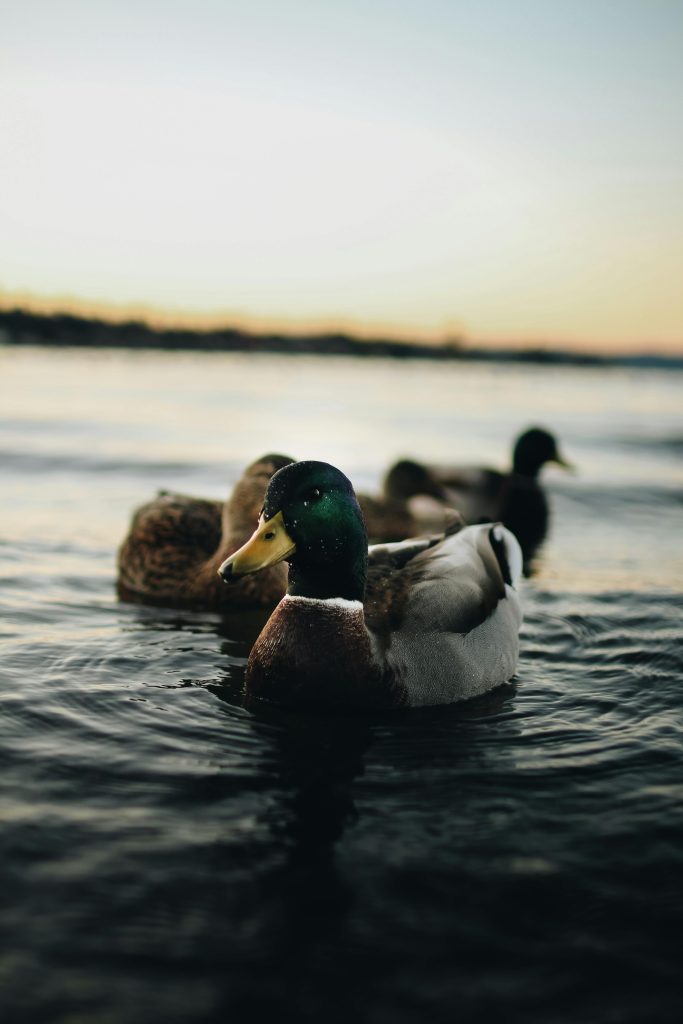
Overview
Ducks are highly social, intelligent, and entertaining birds that can thrive in both rural and suburban settings when given proper care. Unlike traditional pets, they require specific living conditions, companionship, and maintenance to stay healthy and happy. Here’s a quick summary of what makes them unique:
- Handling and Temperament: Friendly but not cuddly; some enjoy gentle interaction.
- Care and Maintenance: High-maintenance due to cleanliness, water needs, and space requirements.
- Health and Durability: Hardy but prone to specific health issues if not cared for properly.
- Availability: Easily found at farms, hatcheries, and agricultural stores.
- Cost: Affordable to purchase but setup and upkeep can be expensive.
- Overall: Best for dedicated owners who can meet their needs.
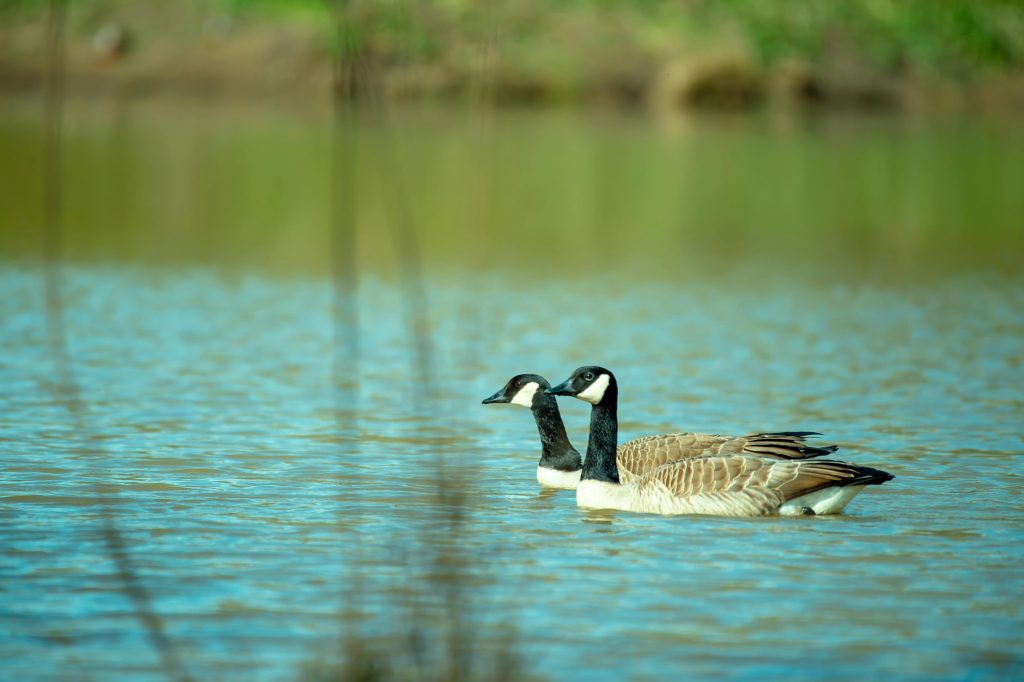
Why Choose a Duck?
Ducks are more than just farm animals—they can be delightful, interactive pets with distinct personalities. They’re excellent foragers, natural pest controllers (especially for slugs and insects), and provide nutrient-rich eggs. However, they require a long-term commitment, as they can live 10-15 years or more with proper care.
They’re ideal for:
- Gardeners who want natural pest control.
- Homesteaders looking for egg production and sustainability.
- Families who enjoy observing their quirky behaviors.
But they’re not ideal for those who:
- Want a low-maintenance pet.
- Lack outdoor space.
- Aren’t prepared for daily cleaning and care.
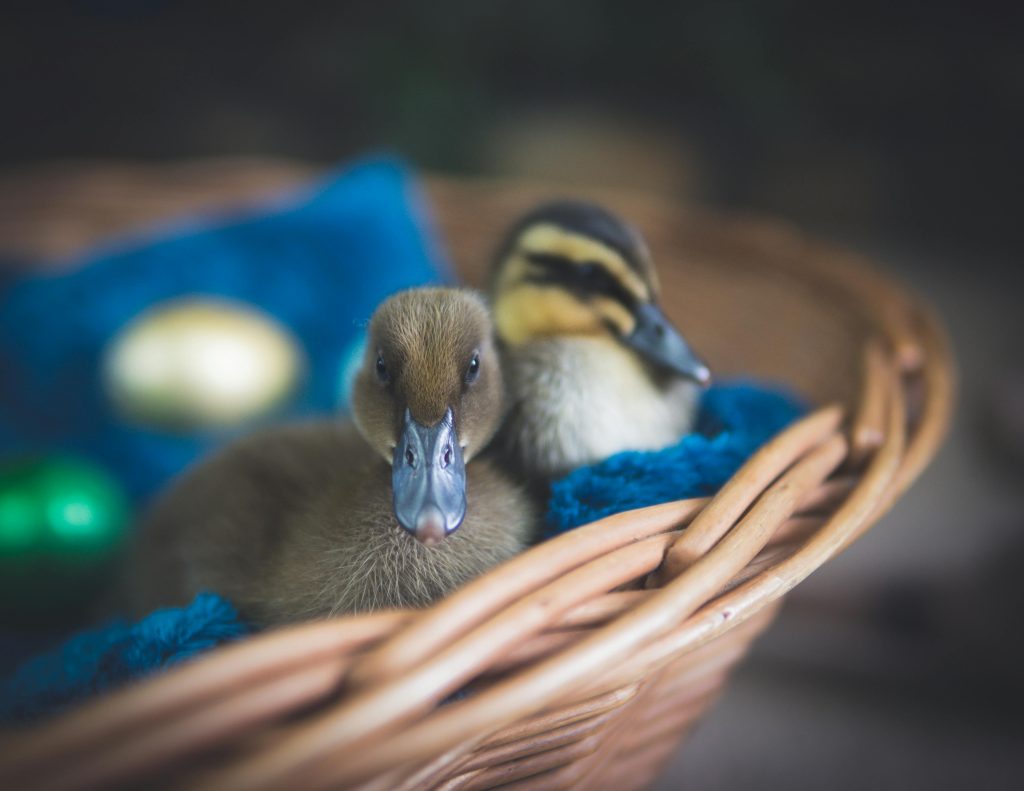
Handling and Temperament
Ducks are social and can form strong bonds with their owners, but they’re not cuddly like cats or dogs. Their personalities vary by breed and individual temperament.
Personality Traits
- Friendly & Curious: Many ducks will follow their owners, especially if associated with food.
- Playful: They enjoy water play, exploring, and foraging.
- Vocal: Some breeds are noisier than others (e.g., female ducks quack, while males make softer grunts).
Handling Tips
- Gentle Interaction: Most ducks tolerate being held but prefer short, calm handling.
- Avoid Stress: Never chase or grab them suddenly—this can lead to trust issues.
- Supervise Children: Their delicate bones can be injured by rough handling.
Do Ducks Bite?
Ducks rarely bite aggressively, but they may nibble out of curiosity. Their bills are blunt, so bites don’t usually hurt, but they can pinch.
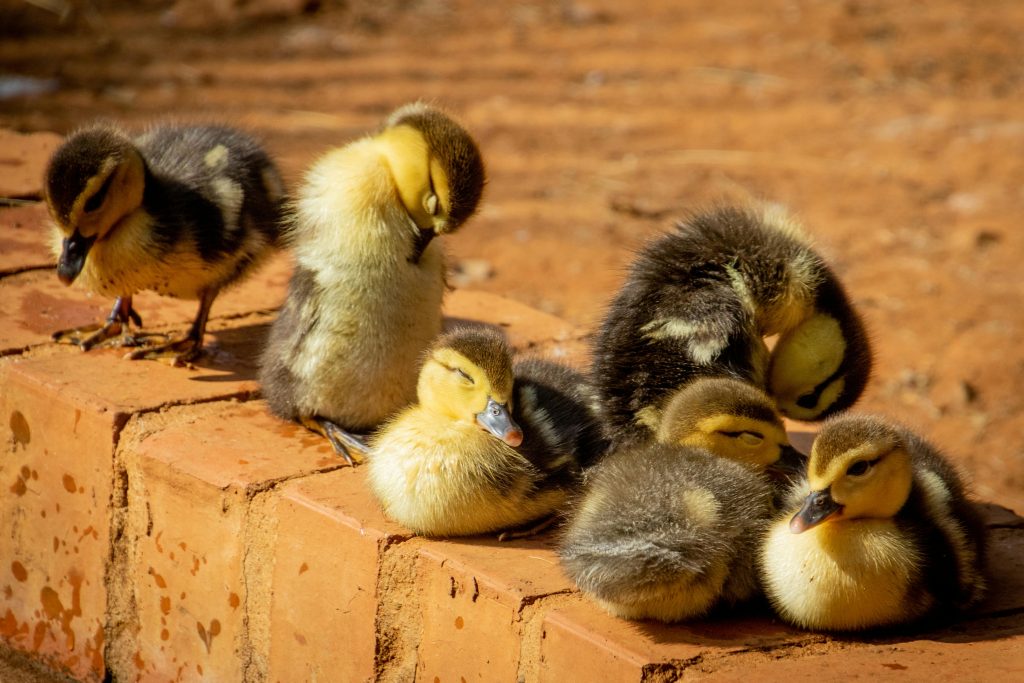
Care and Maintenance
Ducks are high-maintenance pets due to their need for water, cleanliness, and space. Proper care ensures they stay healthy and happy.
Enclosure Setup
- Space Requirements: At least 10-15 sq ft per duck in their run, plus secure housing.
- Predator Protection: A fully enclosed coop with hardware cloth (not chicken wire) is essential.
- Bedding: Straw or pine shavings work best—avoid cedar (toxic).
Water Needs
- Swimming Water: Not strictly necessary, but ducks thrive with a pond, kiddie pool, or deep water dish.
- Drinking Water: Must be clean and refreshed daily—ducks foul water quickly.
Feeding
- Staple Diet: Commercial duck feed or non-medicated chick starter (with added niacin).
- Supplements: Brewer’s yeast (for niacin), greens, and occasional treats like peas or mealworms.
- Foraging: Ducks love snails, slugs, and insects—great for garden pest control!
Temperature & Weather Considerations
- Cold Hardy: Most breeds tolerate winter well with dry shelter.
- Heat Sensitivity: Provide shade and cool water in summer to prevent overheating.
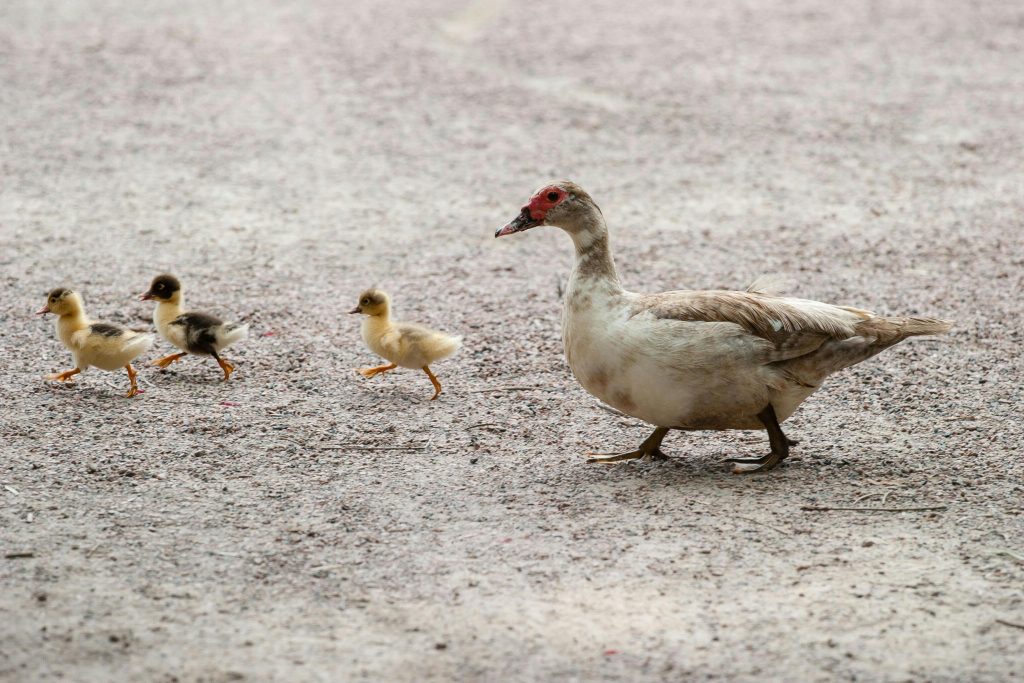
Health and Durability
Ducks are generally hardy but can develop health issues if their needs aren’t met.
Common Health Problems
- Bumblefoot: Caused by rough surfaces—keep bedding soft and clean.
- Niacin Deficiency: Leads to leg deformities—add brewer’s yeast to their diet.
- Respiratory Infections: Often due to poor ventilation or damp bedding.
Preventative Care
- Clean Living Space: Regularly replace bedding and remove waste.
- Parasite Checks: Inspect for mites or worms periodically.
- Vet Access: Locate an avian vet before emergencies arise.
With proper care, ducks can live 10-15 years, making them a long-term commitment.
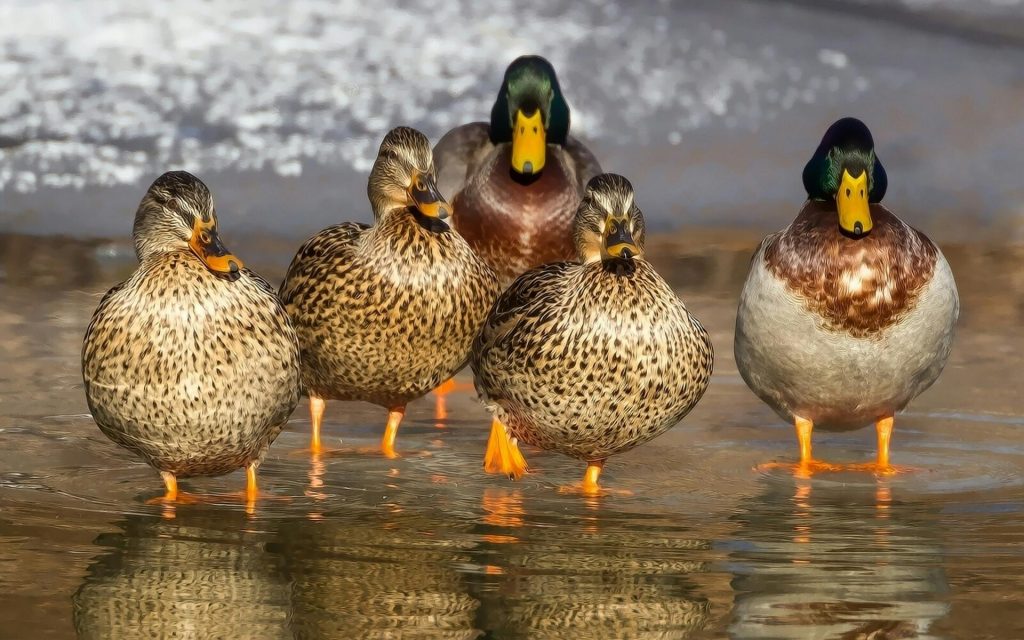
Availability and Cost
Ducks are widely available but require thoughtful sourcing.
Where to Buy
- Hatcheries (Meyer, Metzer, etc.): Best for specific breeds.
- Local Farms: Often sell ducklings in spring.
- Rescues: Some organizations rehome abandoned ducks.
Cost Breakdown
- Ducklings: $5-$20 each (common breeds).
- Setup Costs: $200-$500+ (coop, fencing, water system).
- Ongoing Expenses: Feed, bedding, and vet care add up over time.
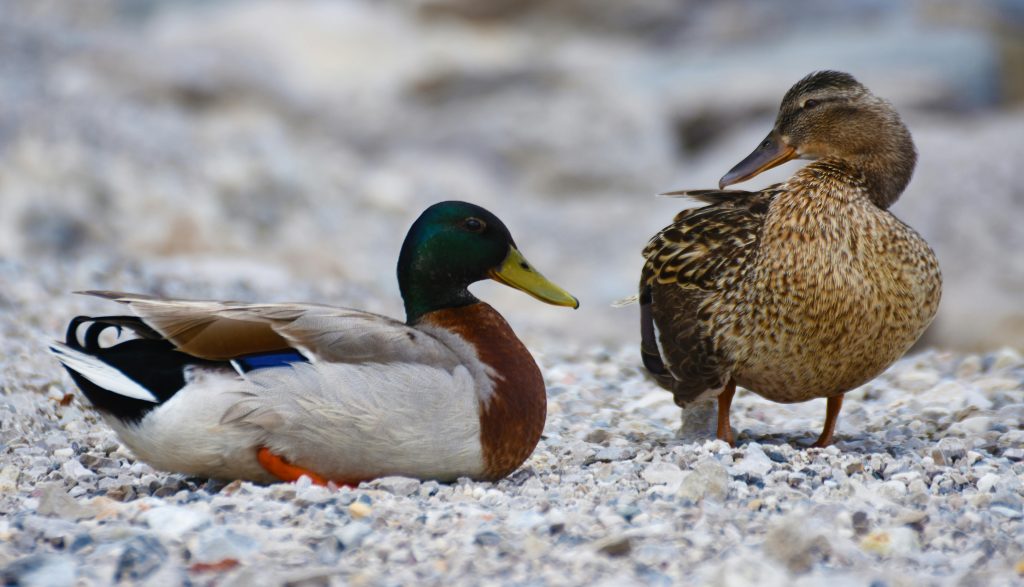
Pros and Cons
Pros
✔ Excellent natural pest control.
✔ Highly social and entertaining.
✔ Produce large, nutritious eggs.
✔ Cold-hardy and adaptable.
Cons
✖ Messy (constant water and poop cleanup).
✖ Require secure housing to avoid predators.
✖ Not suitable for small indoor living.
✖ Can be noisy (females quack loudly).
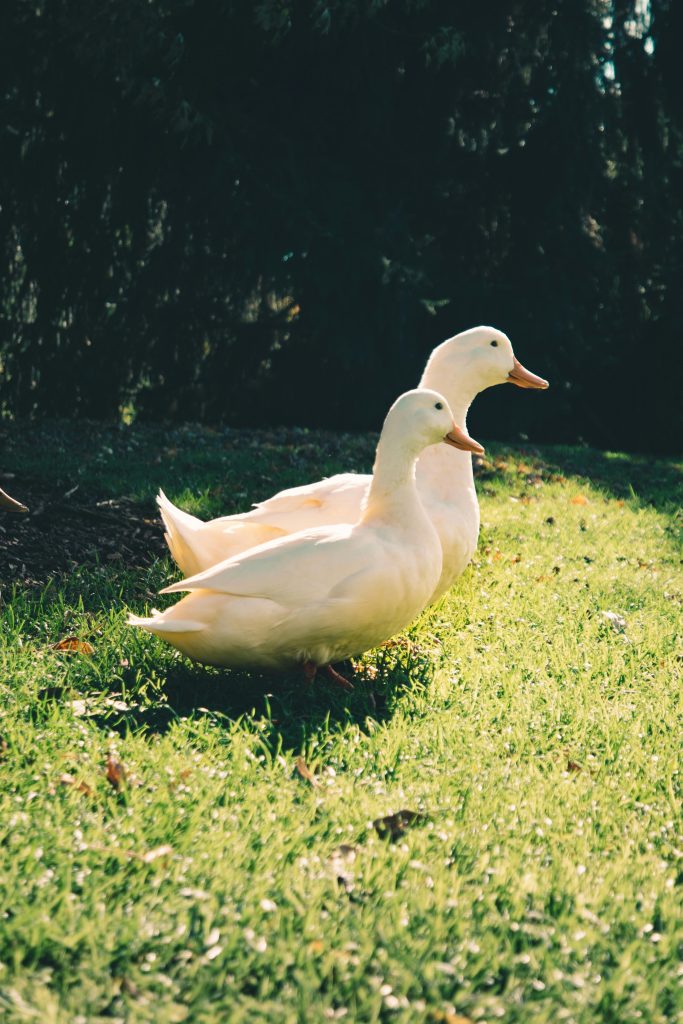
Final Thoughts
Ducks are wonderful, engaging pets—but they demand time, space, and dedication. They’re perfect for those who enjoy observing natural behaviors, want garden helpers, or seek a sustainable egg source.
If you’re prepared for their needs, ducks can bring years of joy. However, if you’re looking for a low-maintenance pet, other animals may be a better fit.
Have experience with ducks? Share your tips in the comments below!
For more on poultry care, follow our guides and subscribe for updates. 🦆

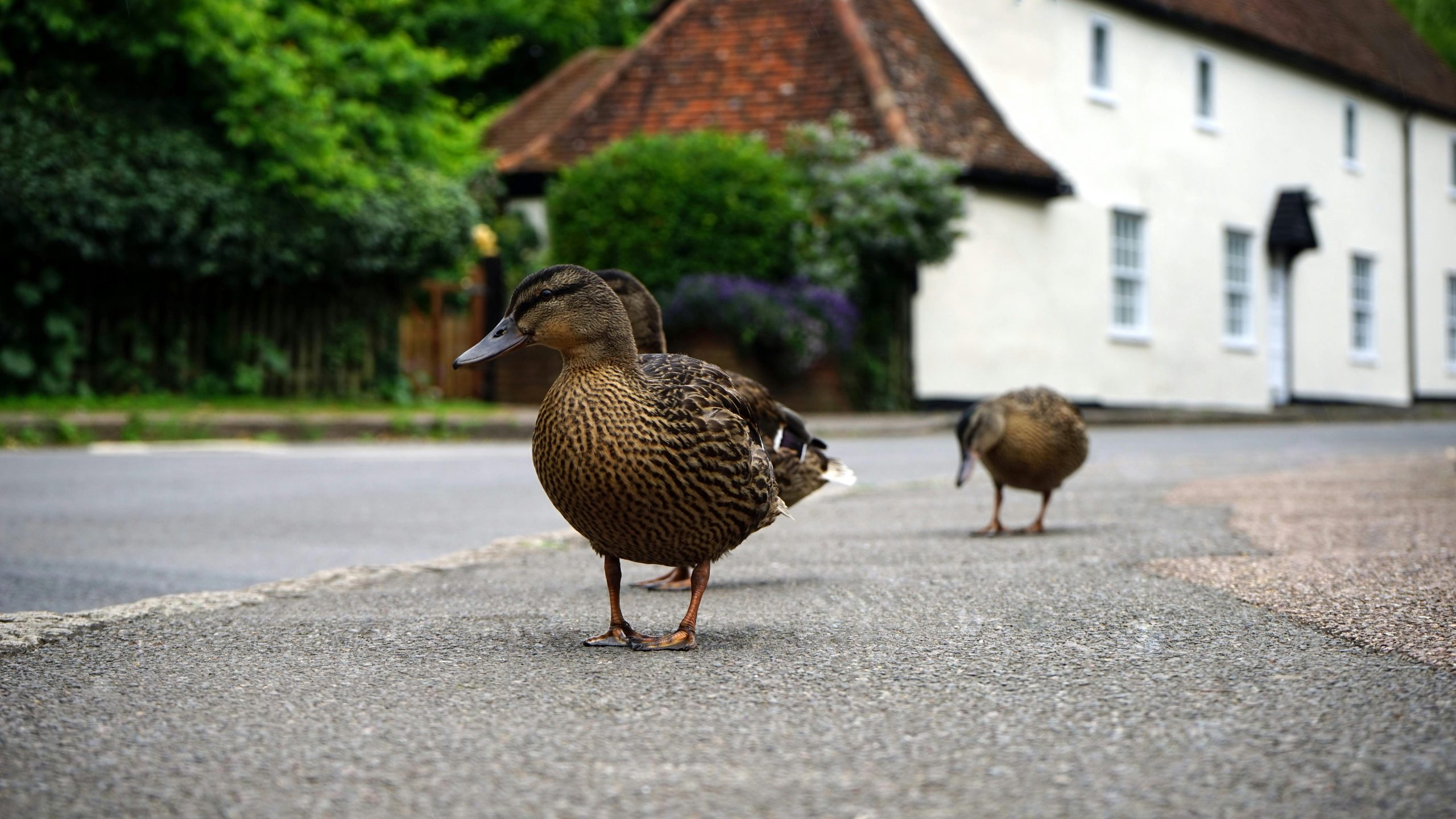

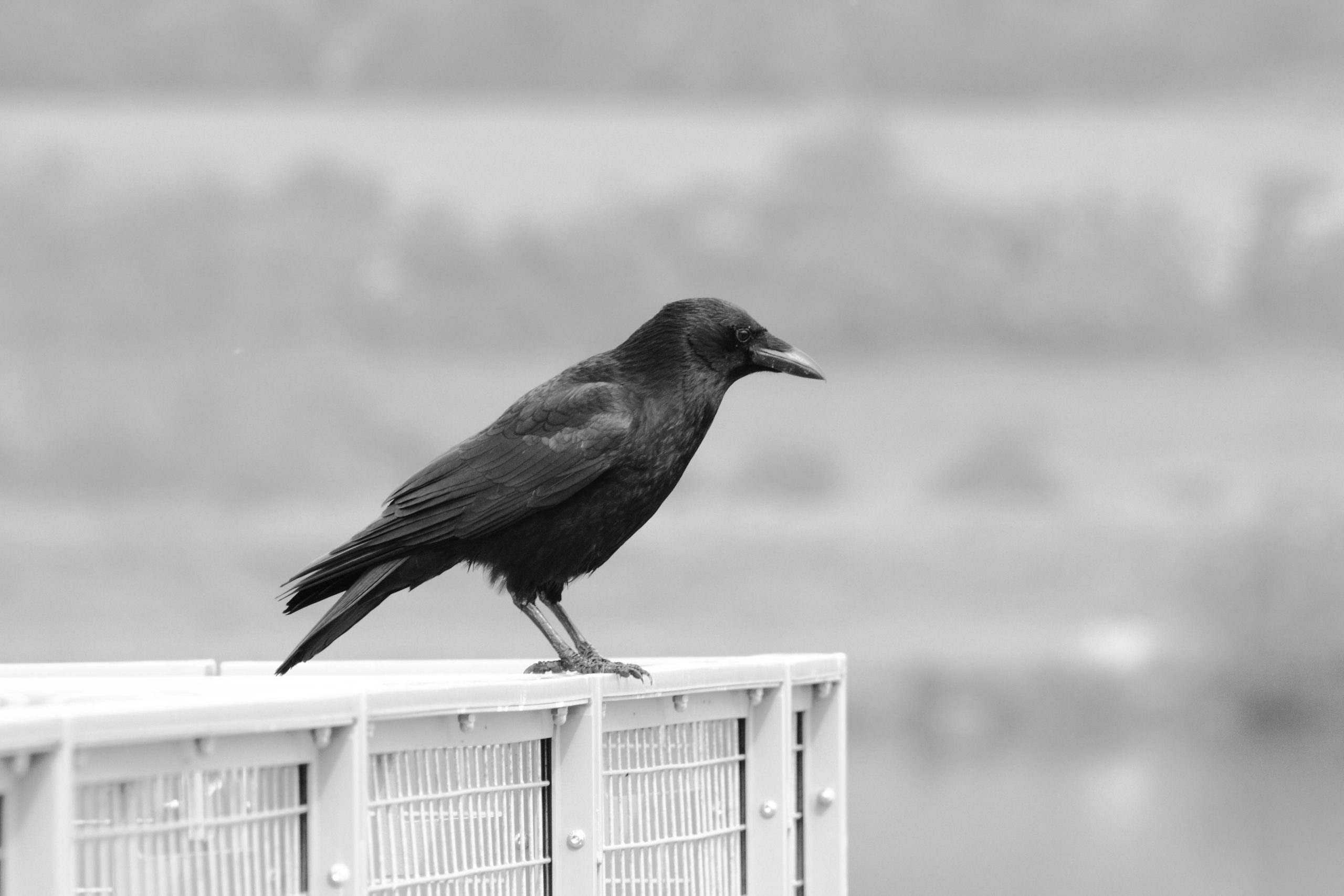
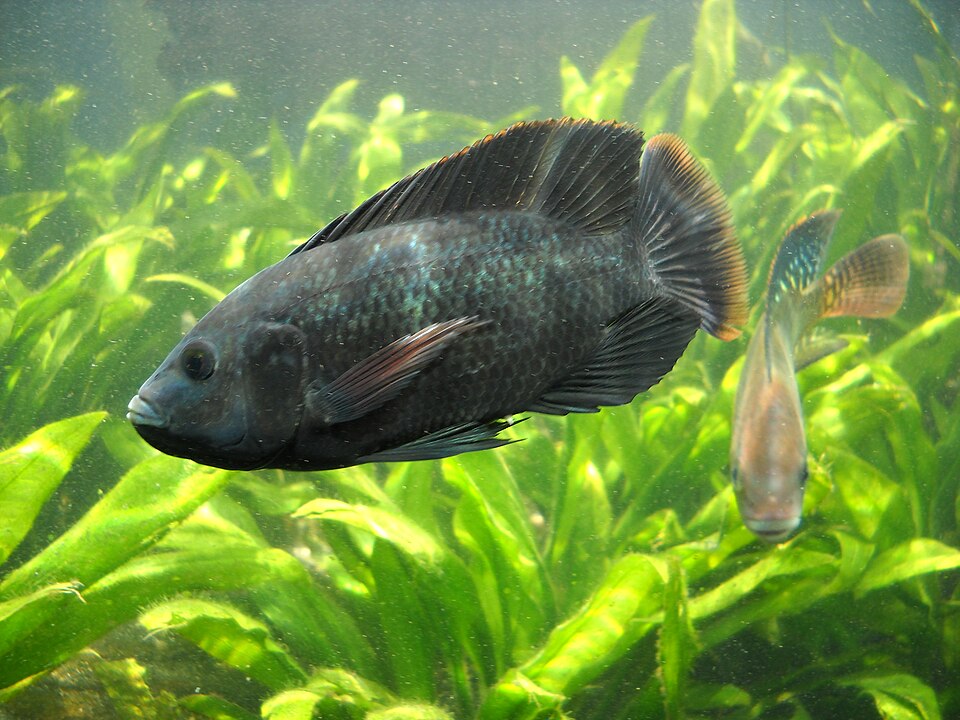
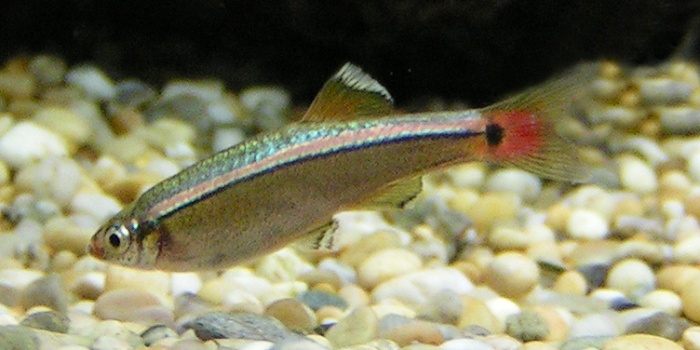
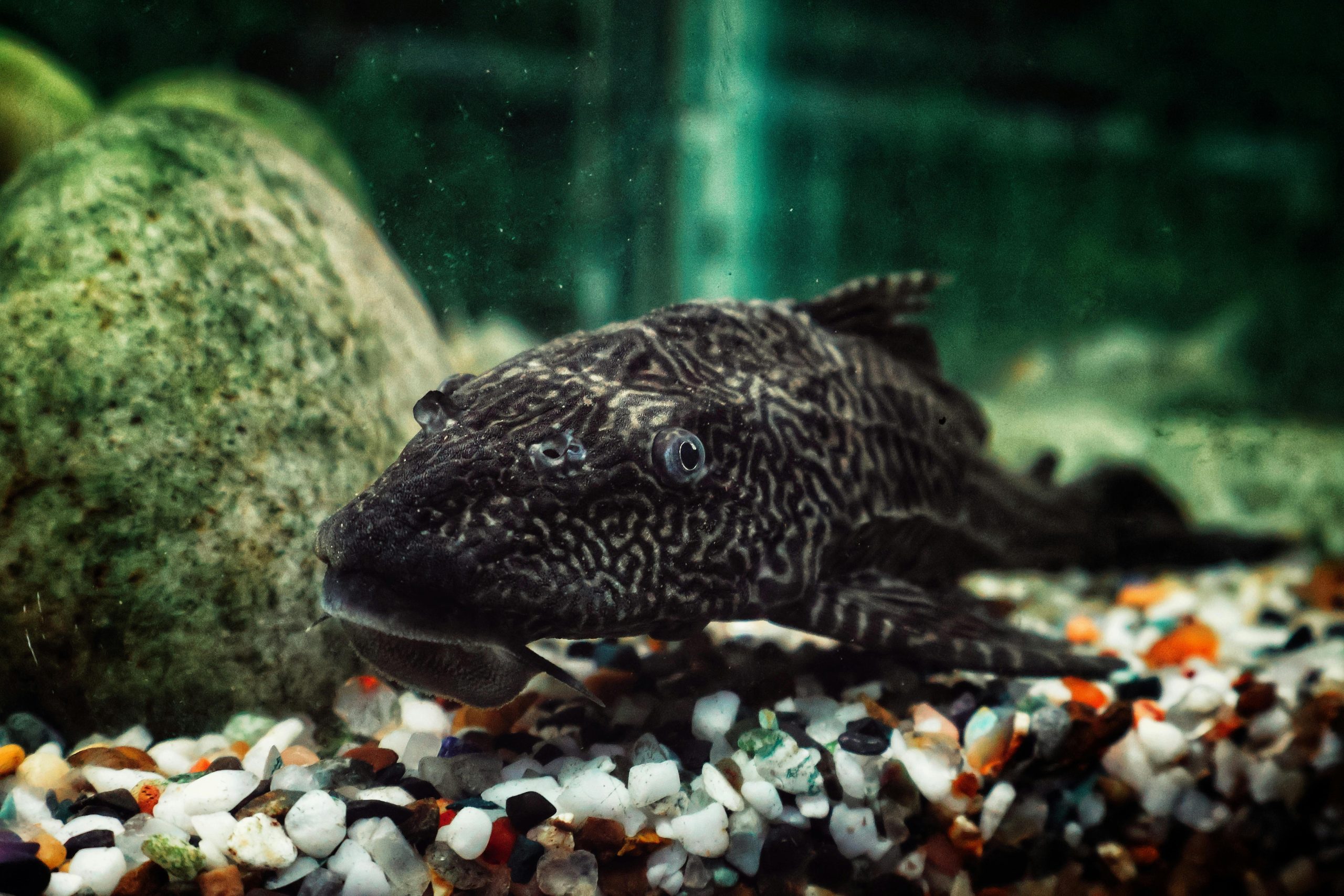
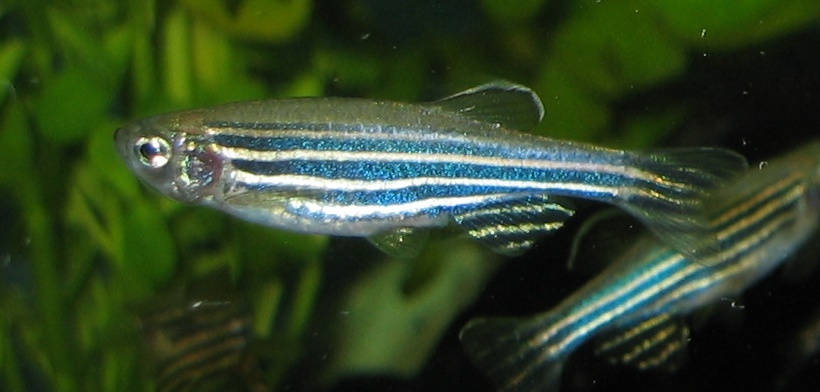
Leave a Reply